Many businesses said that the new tax rate imposed by the US has almost "blocked" Vietnamese goods from entering this market, because the more they export, the more they will lose. This morning (April 3), many associations held an urgent meeting to assess the situation and the level of impact.
Business surprise, shock
Talk to PV Tien Phong , Mr. Tran Van Linh - Chairman of the Board of Directors of Joint Stock Company Seafood and Thuan Phuoc Trade - said that currently, the competitiveness of Vietnam's seafood industry compared to other countries Countries like Ecuador, India... are all lower, so just a slight change in tariffs is needed, Vietnam seafood has been difficult to compete.
According to Mr. Linh, the seafood business community was very surprised by the 46% reciprocal tax rate proposed by the US. “This level also makes it impossible for businesses to enter the US, because the more they export, the more they lose. Currently, the US market accounts for more than 20% of our total revenue, so with this situation in the near future, businesses must also study to reduce the proportion and change the market direction,” said Mr. Linh.
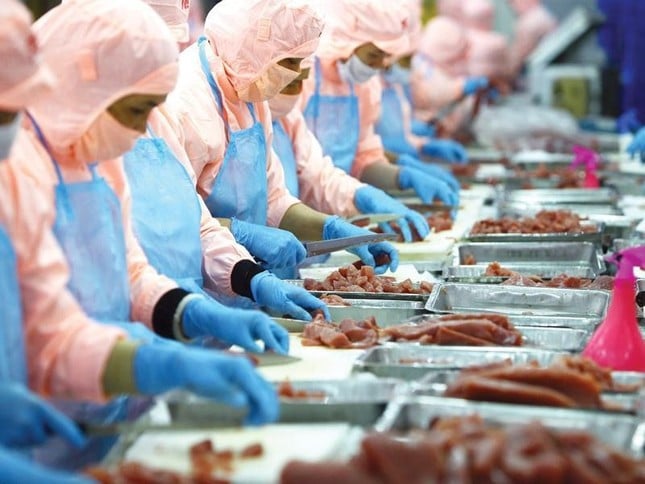
Mr. Linh said that with the US tax For all countries and Vietnam is in the group of countries with the highest tax rates, this is also the time for Vietnam to review the current import and export tax schedule. Right in his first term, President Donald Trump warned countries with large trade surpluses with the US. This is a risk that has been warned that Vietnam needs to quickly have a policy to reduce reciprocal taxes.
A representative of the Vietnam Association of Seafood Exporters and Producers (VASEP) expressed shock at the tax rate imposed by the US. In 2024, seafood exports to the US will reach more than 1.8 billion USD and this is a market that has a great impact on seafood.
"The continued imposition of a reciprocal tax on Vietnam at 46% is a very worrying development. The association is discussing with its members to specifically assess the impact of this tax rate," said a VASEP representative.
Wait calmly
Besides seafood, the industry expected to be most affected is wood, furniture, textiles, electronic components.
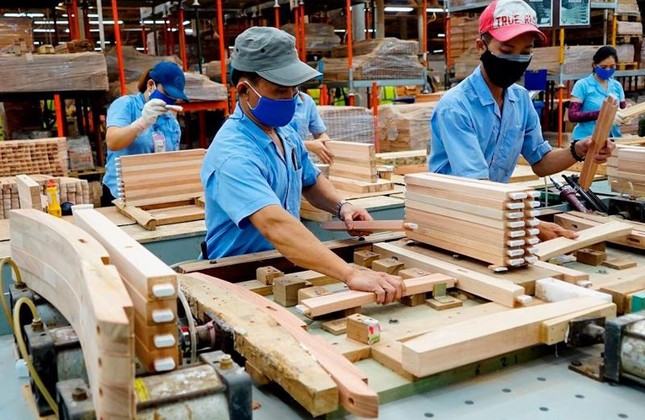
The director of a large furniture manufacturing company in Dong Nai said that in recent days, he has been focusing on closely monitoring information related to US tax policies on media channels, US government websites and from partners.
Businesses predict that the US tax rate could be from 10% as a reasonable option, to 25% as a negative option. In reality, the 46% figure is staggering.
"Previously, businesses were quite optimistic about the US market, but the tax rate that President Donald Trump proposed has almost blocked the door for Vietnamese goods. Currently, many US partners are also hesitant to place orders, because they fear that the imposition of taxes will lead to inventory and prices will go up. skyrocketed," he shared.
Mr. Pham Xuan Hong - Chairman of the Ho Chi Minh City Textile, Embroidery and Knitting Association - said that this morning, he and members of the association and businesses are discussing and making further assessments to come up with a response plan.
“This tax will cause difficulties for Vietnamese textiles and garments because the import tax to the US is the highest, after Cambodia and Laos. Therefore, businesses are worried and continue to monitor the situation,” said Mr. Hong.
Mr. Vu Duc Giang - Chairman of the Vietnam Textile and Apparel Association - said that the tax figure given by the US was surprising, but 46% is a tax on the overall products exported by Vietnam to the US, and in the near future there will be details on each product line to apply tax.
Garment exports to the US There are items subject to 0% tax, 7%, 12%, or like jackets, it is 27%. Vietnam does not have a free trade agreement (FTA) with the US, so the tax base already exists, not just applied now.
The government is implementing a series of solutions and continuing negotiations to consider how to apply tax lines in the coming time. Therefore, the Association recommends that businesses calmly wait for negotiations between the two governments. Brands will also express their views so as not to greatly affect production organization.
Source










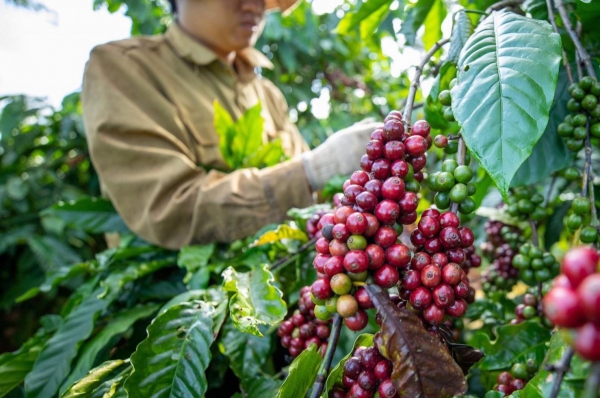



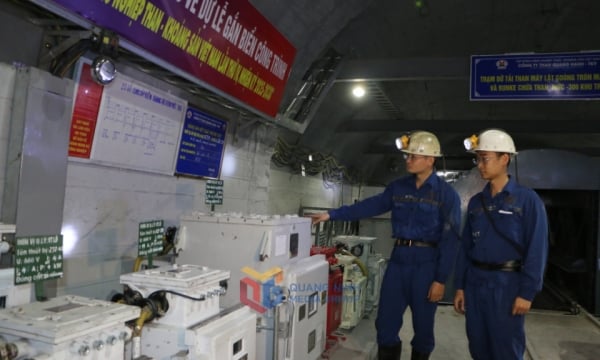







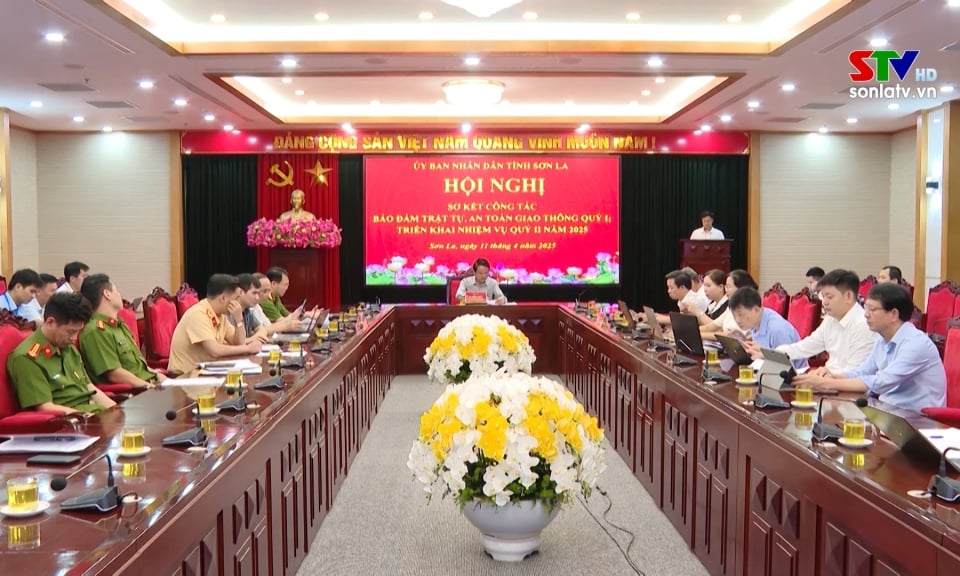

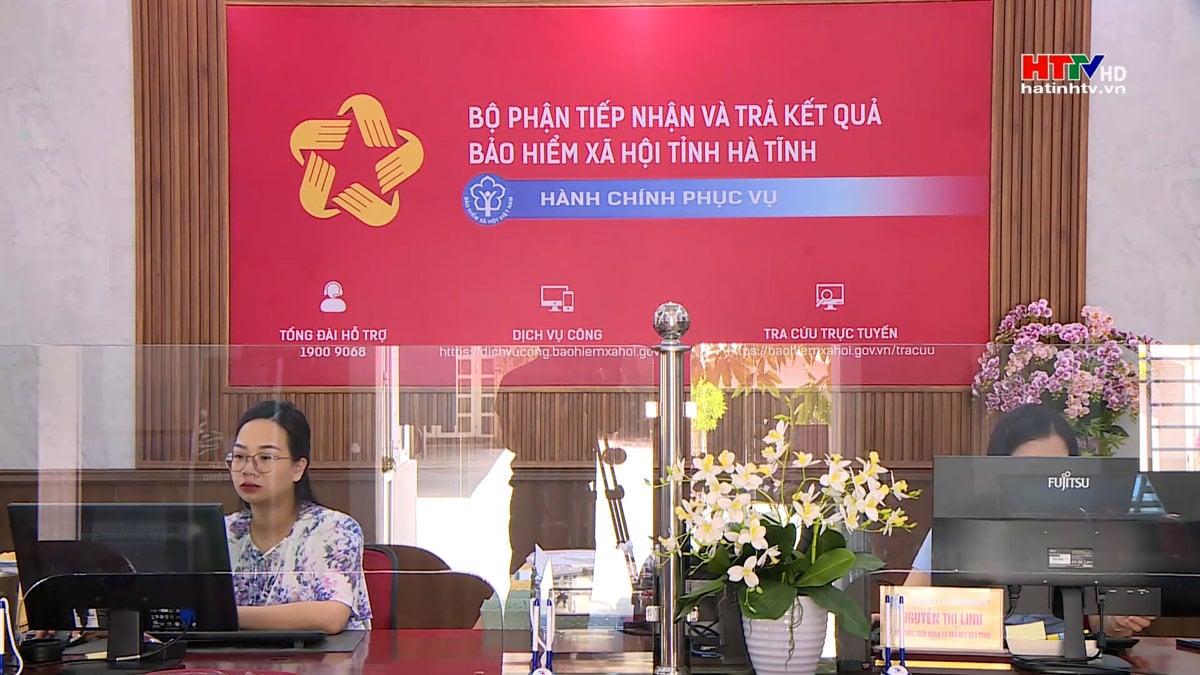





![[Photo] "Beauties" participate in the parade rehearsal at Bien Hoa airport](https://vstatic.vietnam.vn/vietnam/resource/IMAGE/2025/4/11/155502af3384431e918de0e2e585d13a)
















































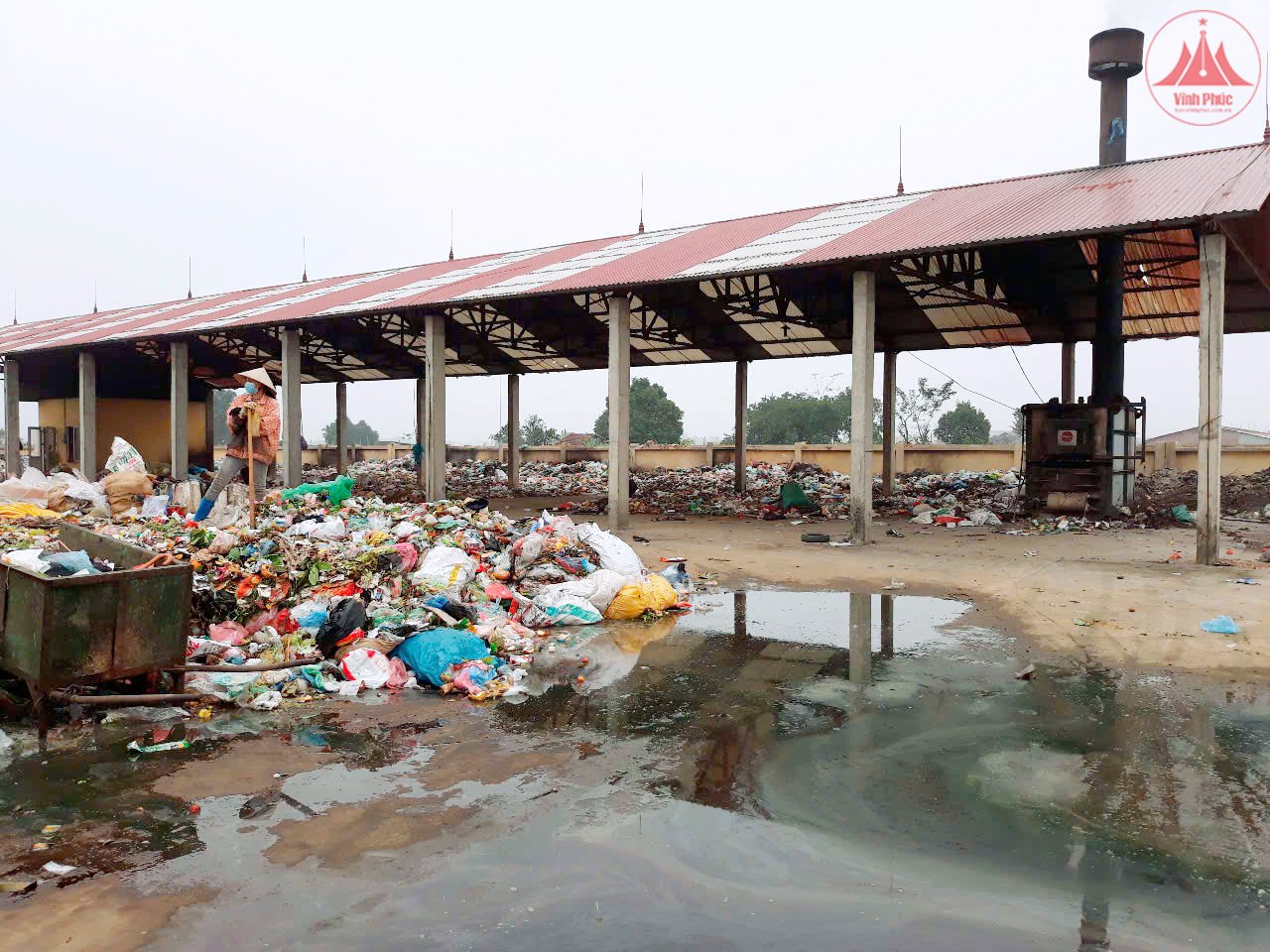
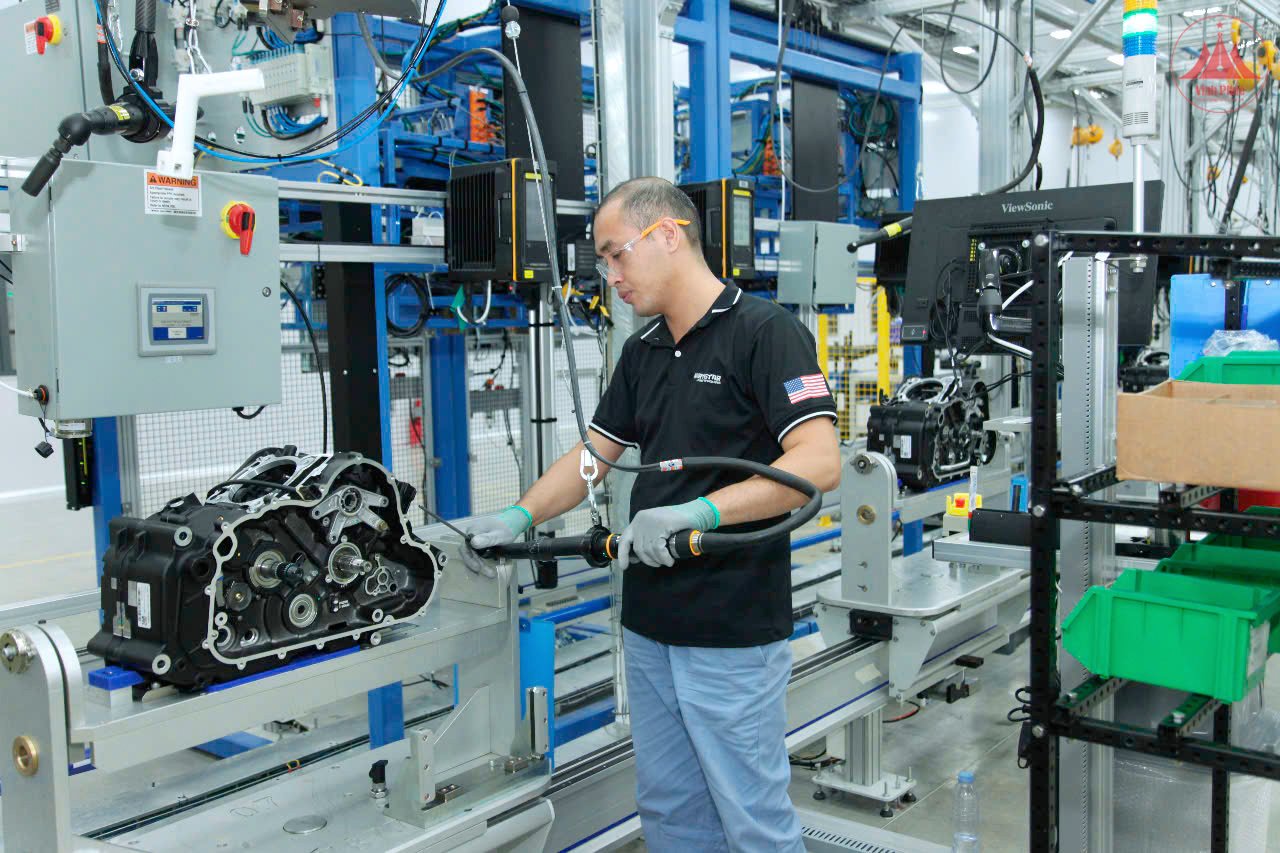











Comment (0)